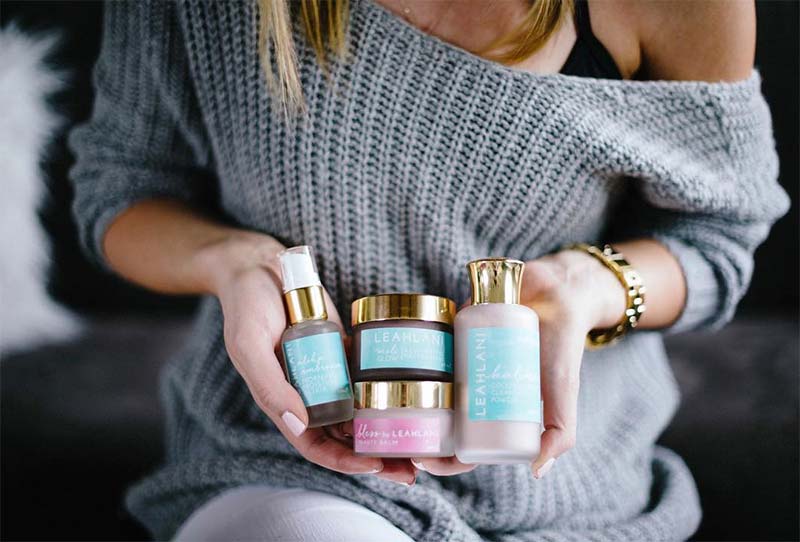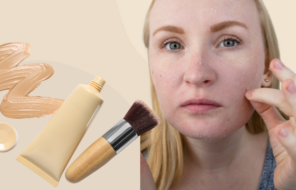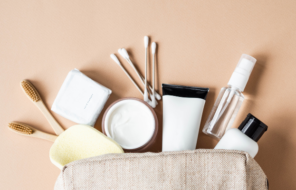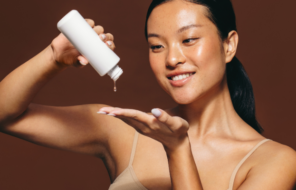Natural beauty products are the fastest growing section of the beauty industry right now. This is absolutely not surprising, considering the organic food market has been massively popular for more than a decade. People are increasingly becoming conscious of what they put into their bodies, so it only follows that they should also be careful with what they put on their skin.
In this article:
- What Is Organic Cosmetics Exactly?
- How to Identify Organic or Natural Cosmetics
- Should You Make the Switch to Natural Cosmetics?
- How Do You Start Making the Switch to Natural Beauty Products?
What Is Organic Cosmetics Exactly?
Natural, non-toxic or organic cosmetics are makeup, skin care and beauty products made of ingredients that have been certified as organic and that are devoid of any synthetic chemical compounds. Natural cosmetics are created from flower and plant components that never should irritate the skin, but on the contrary, that moisturize and soothe your skin.
It is much more difficult to formulate elegant and effective natural beauty products because they must be free of many synthetically derived chemicals that have the potential to harm one’s skin and health. For example, the most common preservatives in the beauty industry, parabens, formaldehyde donors, and phenoxyethanol, all come with a list of potential environmental and health risks attached to them.
These preservatives are extremely effective, and give products a very long shelf. Natural beauty brands have to give up their products having a long shelf life, in favor of using natural and safe preservatives.
Another ingredient that doesn’t show up natural beauty products is silicone, which gives foundations and makeup primers that beautiful velvety finish; that is why there are so few incredible natural primers and foundations – they are extremely challenging to formulate.
Below, I’ll explain a bit more about what the standards for organic beauty products are, and how you can choose the best natural beauty products for you.

How to Identify Organic or Natural Cosmetics
It’s important for consumers to know that there is no single body that regulates organic cosmetics, and that the use of the word “organic” is a little complicated. For example, a brand can have the word “organic” or “organics” as part of its name, without actually having any organic ingredients in its formula. Similarly, the words natural and botanical are also unregulated.
This means that it is up to you to look past all this “green washing” to figure out exactly which brands truly are completely natural or organic. There are some standards that exist, that companies can apply for. If they are accepted they can put a seal of the certifying body. This allows you to know exactly what kind of standards that brand adheres to.
In the US, you might see a USDA seal that announces the product as either completely organic, or mostly organic. Another popular organic certification body is called COSMOS – it has two standards, one for natural beauty products, which must contain a majority of organic ingredients, and another for natural products, which must contain a majority of natural ingredients.
One thing I like about the COSMOS standard is that in addition to judging a product for how natural it is, it also has standards for the types of ingredients that can and cannot go into the cosmetics. Some ingredients, like parabens, formaldehyde donors, and artificial fragrances, are banned because there are concerns that they might be able to cause cancer.
Others, like mineral oil, some chemical sunscreen ingredients, and triclosan, can cause harm to the environment either during their production process, or after they are flushed down the drain. I think the ingredients that are not present in the formula are just as important as the ones that are.
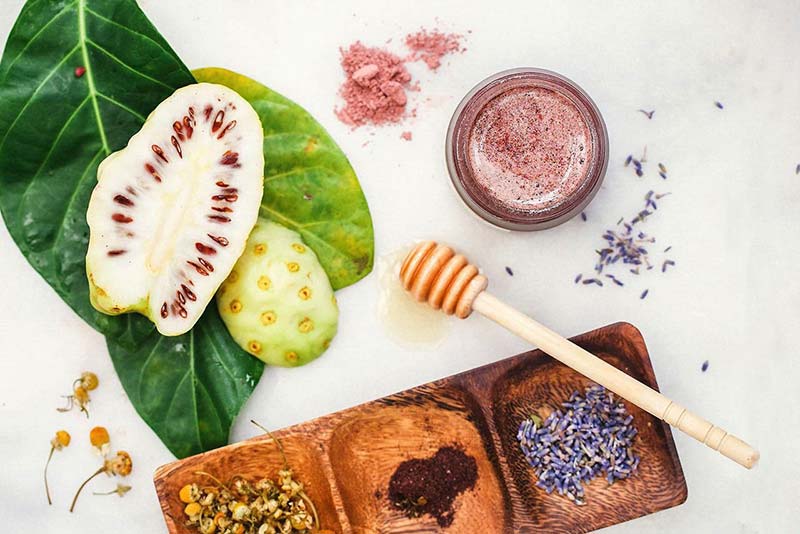
Should You Make the Switch to Natural Cosmetics?
Now that you know a little bit about what organic cosmetics are, and how to identify natural beauty products, I want to make it clear: I don’t think using strictly natural beauty products is necessary.
What is necessary is to be well informed, and know what it is that you are putting on your skin. I don’t think it makes sense, for example, for a smoker to totally avoid parabens. After all, you are regularly taking in a proven carcinogen, so why worry about something that hasn’t been proven to cause cancer?
To me, personally, the most important thing is to avoid products that might harm the environment or that have been tested on animals. That is why I don’t use scrubs made with plastic microbeads, or sunscreens that have been shown to harm aquatic ecosystems.
If you are overall trying to avoid all potential carcinogens and endocrine disruptors, and are cleaning up your diet and lifestyle on all fronts, then it definitely makes sense to make the switch to all natural beauty products. Just keep in mind that these kinds of products have shorter shelf lives, are more expensive, and they sometimes don’t work quite as well as mainstream cosmetics.
How Do You Start Making the Switch to Natural Beauty Products?
This question is a little tough to answer. Some people choose to quit all of their synthetic products cold turkey – in one day they throw out all of their old products, and purchase all new natural products. To me that seems a little bit intense.
I think it is much better to read through the ingredients list of all of the products you have, and see which ingredients it is especially important for you to avoid. Toss all of the products with ingredients you are seriously trying to avoid, or products that come into close contact with your skin.
So for example, you might want to toss a mainstream foundation or moisturizer with lots of parabens, but keep a blush that just has a little bit of phenoxyethanol.
With endocrine disruptors (phthalates, parabens, and formaldehyde donors, for example), the real concern is that they will become accumulated in your body. This means that using just a little bit, and not regularly, does not pose a serious risk.
Where the risk might show (keep in mind, this has not been concretely proven) is when using many different products containing these ingredients, day in and day out. This means that making the switch slow is perfectly fine.
Did you decide to make the switch to natural or organic cosmetics? What is your favorite natural beauty brand? Please comment and share your thoughts!
Photos via @leahlaniskincare, Instagram

